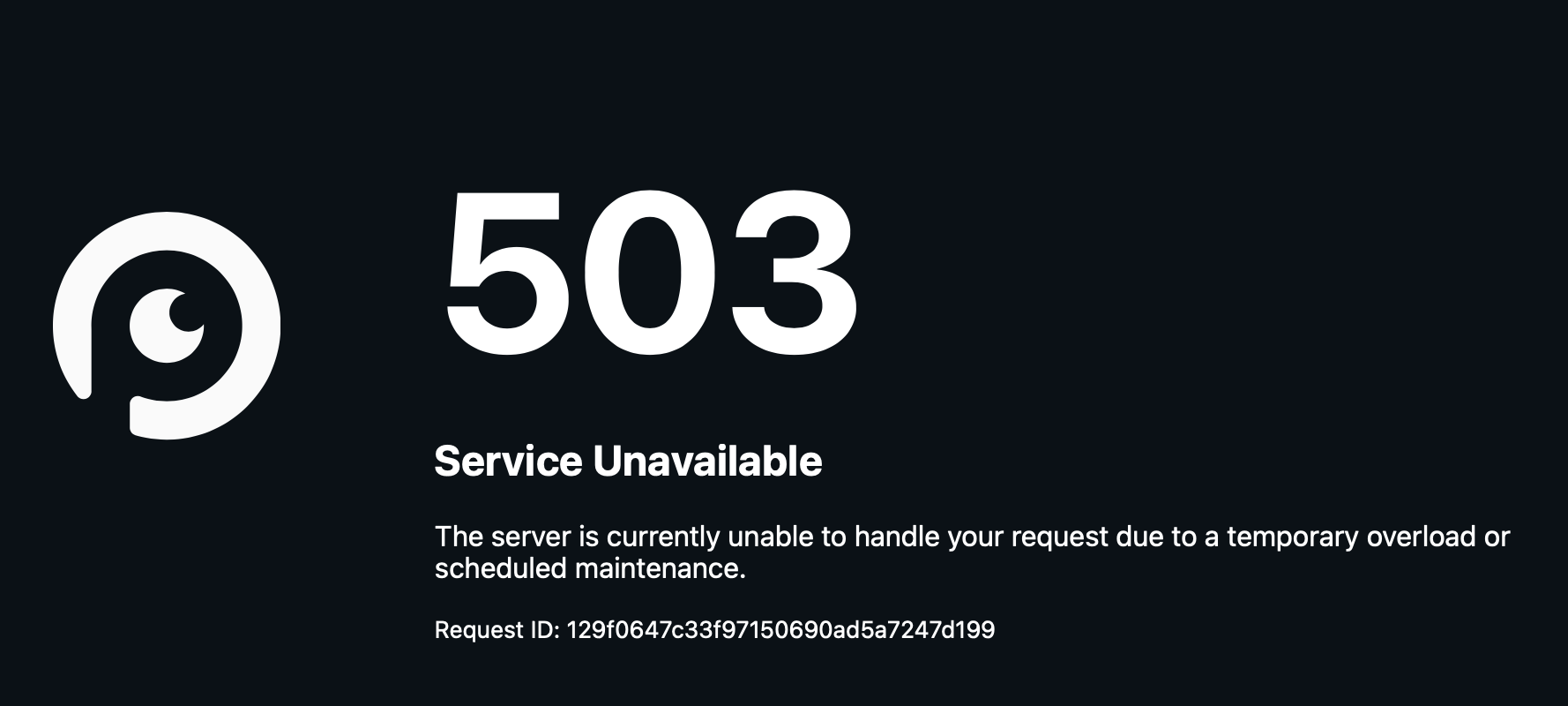Measuring First Amendment Ignorance
New report by FIRE indicates that many Americans who are celebrating the Fourth of July with BBQ and fireworks don't appreciate the meaning of the holiday.
In a recent AmeriSpeak panel conducted by the National Opinion Research Center at the University of Chicago, FIRE asked 1,140 Americans if they could name any of the specific rights protected by the First Amendment. The results were dismal.
Almost a third of Americans could not name a single enumerated right protected by the First Amendment and another 40% could name only one — usually freedom of speech. Among Americans who named one or more enumerated rights, roughly two-thirds (65%) named freedom of speech, about a quarter (26%) named freedom of religion, 20% named the right to assemble, 15% named freedom of the press, and 8% named the right to petition. Only 3% of Americans could name all five and, on average, could name 1.33 First Amendment rights. In other words, Americans’ knowledge of the First Amendment remains poor.
he AmeriSpeak panel is funded and operated by NORC, and is a probability-based panel designed to be representative of the U.S. household population. Although knowledge of the First Amendment was low across the board, some notable differences did emerge. Generally, males were able to name significantly more rights than females, although they still averaged less than two (1.47 and 1.23, respectively). Males were also significantly more likely to name four-of-five First Amendment rights than females were:
69% of males named freedom of speech compared to 61% of females. 24% of males named the right to assemble compared to 16% of females. 18% of males named freedom of the press compared to 12% of females. 11% of males named a right to petition compared to 5% of females.
These findings may reflect greater interest in the First Amendment among males. Other surveys have found that, compared to females, males are more likely to adopt an absolutist stance on the First Amendment and are more willing to allow the expression of statements that are offensive or hateful. Scholarship has long documented that males are also more opposed to censorship in a number of different content domains.
Liberals were significantly more likely to name at least one right and significantly more likely to name at least two rights compared to moderates and conservatives. One-third of conservatives and 27% of moderates could not name a single right, compared to 15% of liberals. Liberals also named significantly more rights on average than moderates did, although, as with males above, liberals still named less than two rights on average (1.56 and 1.28, respectively).
Generational differences are also evident. Americans aged 18-29 were significantly less likely to name free speech (55%) than other Americans, particularly those aged 45-59 (67%) and those aged 60 and older (70%). Those aged 18-29 (19%) and those aged 45-59 (21%) were also significantly less likely to name freedom of religion as a right guaranteed by the First Amendment, compared to Americans aged 30-44 (30%) and those aged 60 and older (29%). Thus, older Americans appear to be the most knowledgeable about the First Amendment, suggesting that knowledge may decline further as they age and represent a smaller overall portion of the American population.



